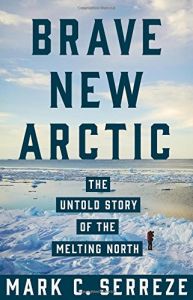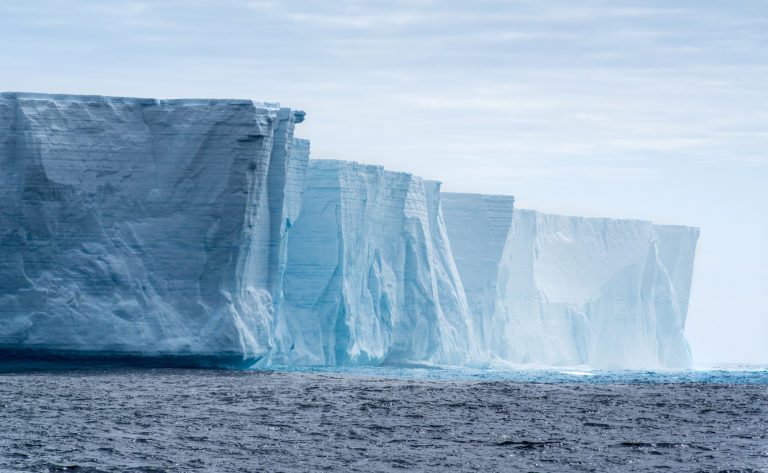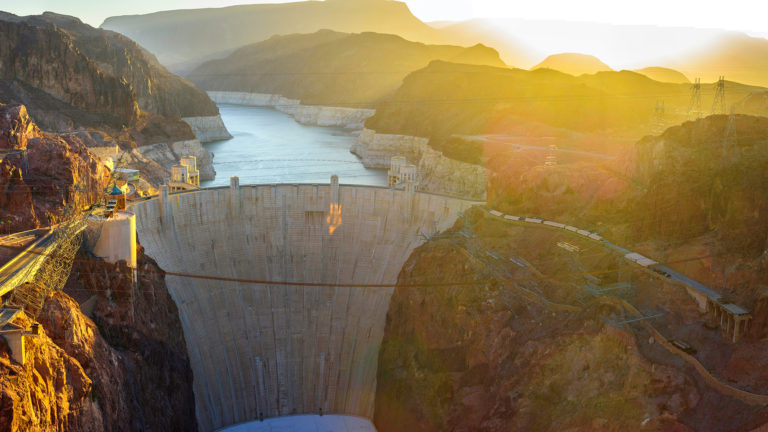Join getAbstract to access the summary!

Join getAbstract to access the summary!
Mark C. Serreze
Brave New Arctic
The Untold Story of the Melting North
Princeton UP, 2018
What's inside?
In a gripping story, a scientific insider explains the mystery, and implications, of the thawing Arctic.
Recommendation
The Arctic is warming twice as fast as the rest of the world. Glaciers are melting, ice caps are disappearing, the permafrost is thawing, and land animals, fish and flora are migrating to new habitats. Geographer Mark C. Serreze recounts the decades of scientific detective work that reveal how this warming trend is not part of a natural cycle, but the result of human activity. In this fascinating and frightening read, he asserts that the North Pole serves as a warning system of what will happen to the lower latitudes.
Summary
About the Author
Mark C. Serreze is professor of geography at the University of Colorado, Boulder, and a fellow of its Cooperative Institute for Research in Environmental Sciences. He directs the National Snow and Ice Data Center.


















Comment on this summary